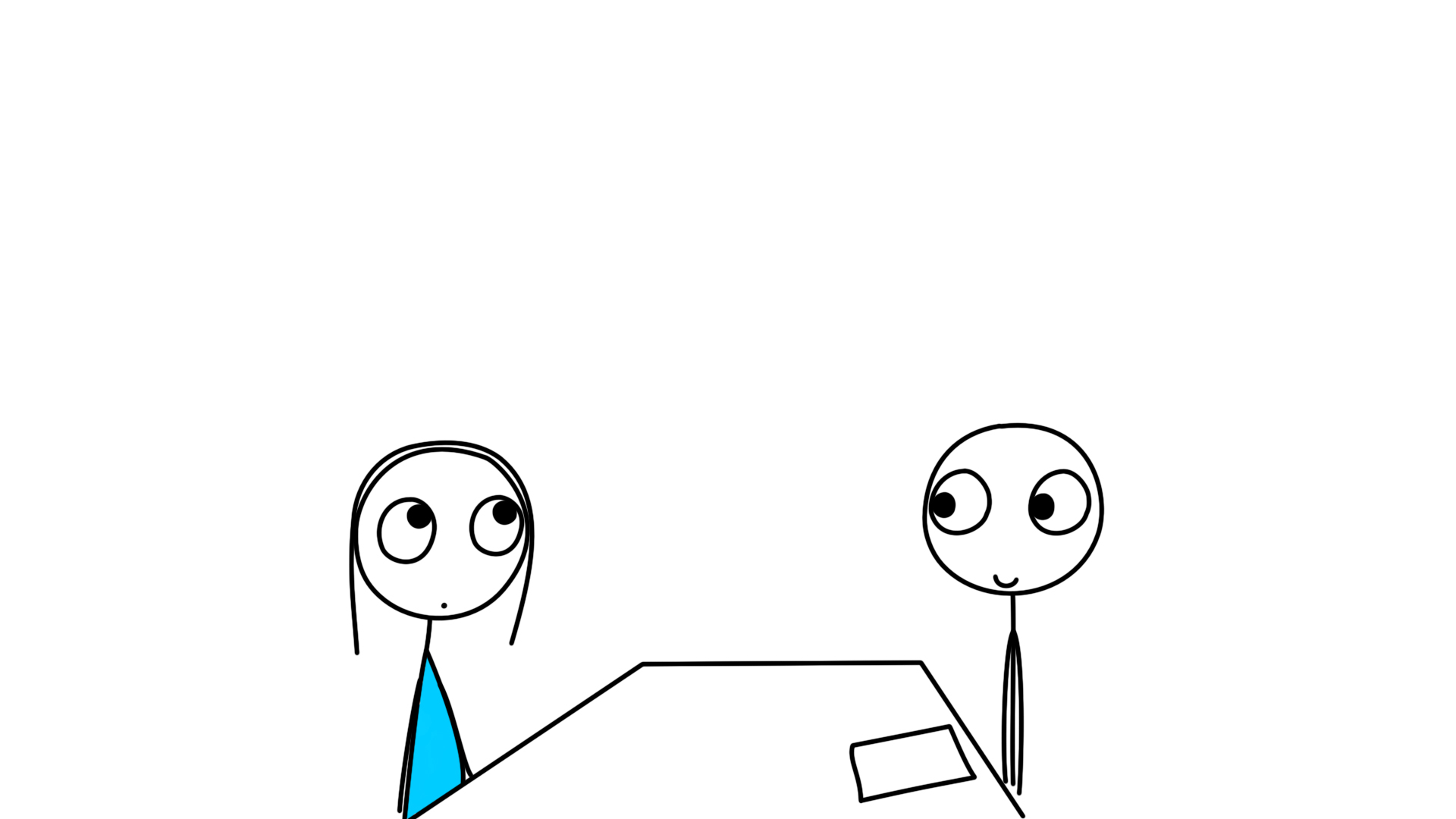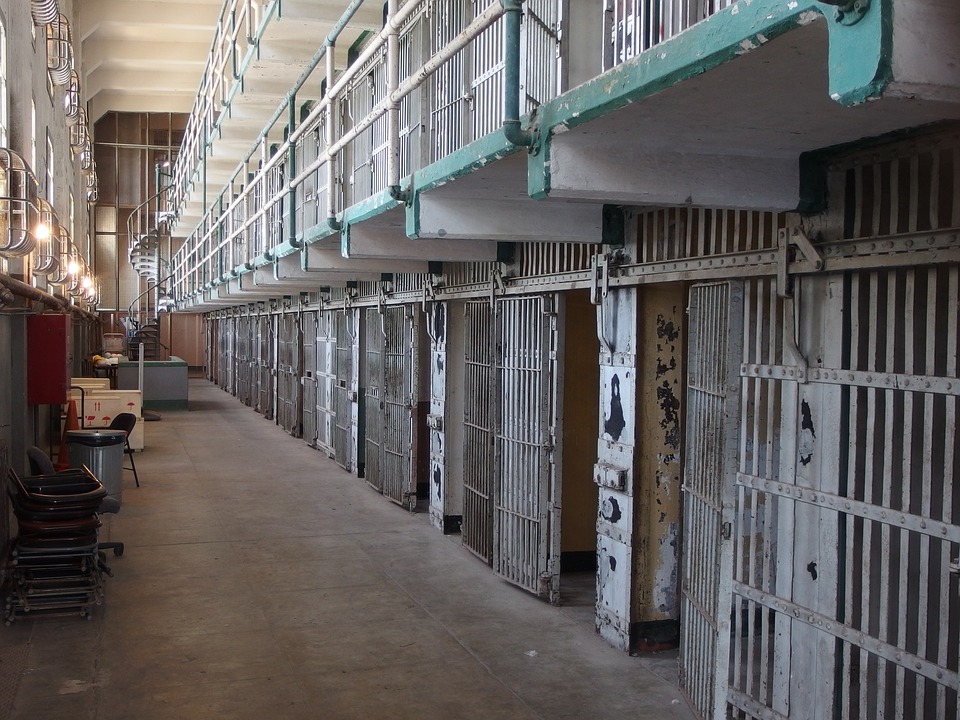We will frequently interview people working in different legal jobs. Today we are talking to Anne Lafarre about her experiences as PhD candidate.
Introduction
My name is Anne Lafarre and I am 26 years old. I currently work at the business law department of Tilburg Law School as a PhD candidate and lecturer.
In 2008 I started as a bachelor’s student at Tilburg University, after finishing high school. This was my first year as a student and at the time the BSc-program was called ‘International Economics and Finance’. Soon the name changed to just simply ‘economics’. During my second year as a bachelor’s student I started to gain interest in the field of law and I soon decided to start a bachelor’s program in law as well. In 2014 I graduated from the MSc in economics and the LLM in business law, both here at Tilburg University.
Why did you choose these studies and how long did they take?
Actually, I really did not know what study to pick after high school. I can remember that I visited many universities together with my dad. Finally, I decided to participate during a ‘meeloopdag’ at Tilburg University for the econometrics program. There I recognized that the international economics program was more appealing, and at the time I was mostly interested in the first semester of the third year; this was a ‘free’ semester of electives so that you could easily study abroad. And going abroad was just what I wanted. However, by the time I arrived in my third year, I started to take on law, which resulted in just staying in Tilburg for another year. Luckily I had the chance to do an internship in China a few years later.
During my time at Tilburg University I recognized that law was more than just criminal law. During high school I had been more interested in the beta-field. During one of the courses in micro-economics we talked about M&A and the role of competition law; this immediately caught my attention. Soon afterwards I started the bachelor’s program in law. Since I liked the business law courses best, I decided to focus on ‘ondernemingsrecht’ (at the time: ‘recht & management’).
After my bachelor’s I enrolled for the master’s program in economics and the master’s program in ‘ondernemingsrecht’. In economics I selected the track ‘Competition and Regulation’, which was focused on micro-economics and the field of law & economics.
Over the years my fascination for the law & economics area grew even more. Economists and legal scholars often address issues from a different angle and with other tools, and it is extremely interesting and relevant to bring these two together. During my studies I met my PhD supervisor, Christoph Van der Elst, who is an economist and legal scholar. His warm enthusiasm for this field of study was one of the main reasons I decided to continue my master’s thesis research in a PhD.
Have you been active during your studies and, if so, what kind of extracurricular activities did you do?
As from the first year of my bachelor’s I was an active member of Asset First International (now: Asset IBM), which was at the time the study association of the international studies of the economics and management faculty (TiSEM). During my time at this association I was a member of several committees, for example for conferences. For me this was a very valuable experience since you learn how to organize such an event and expand your network. And, not at least, you learn how to work in a team. And of course, after each conference there was a big party.
As soon as I started to study law, I recognized that I also needed to gain more experience in that field. This is one of the reasons why I joined the Rechtswinkel Tilburg. At the Rechtswinkel you help people who need legal advice and assistance but cannot rely on professional legal services. I strongly recommend every law student to do this; working at the Rechtswinkel provides you with some valuable practical skills and you recognize that the law books from university are sometimes completely different than what happens in real-life, especially since emotions are involved. During my time at the Rechtswinkel I was involved in numerous cases, including some judicial processes. Especially these latter cases were really awesome (and I won them!).
During my master’s I became a student-assistant of the department of Labour Law and Social Policy. I had a really great time at this department. I learned a lot, in the field of labour law, but even more about how organizations as a university and its faculties and departments work. I assisted the teachers and professors with their research and educational efforts, and together with the secretary, we organized some large events.
After finishing my master’s courses (but before writing my theses), I went abroad for several months to do an internship at a Chinese law firm in Shanghai. It was a great period packed with new experiences. Travelling around, meeting new people and living in a country with a completely different culture – whenever you have such an opportunity, really, you should do it!
When I came back from China I only had to write my master’s theses. At that time I did not really know what I wanted to do afterwards – although I had thinking about working in academia already a little bit in the back of my head. That’s why I decided to apply for a student job at Hogan Lovells in Amsterdam. Here I worked two days a week for three months at Business units Government/Regulatory and Corporate/M&A, and although I really had a great time there, I think this is when I decided that I did not want to become a lawyer.
I had only been working at Hogan Lovells for a few weeks when the data science project was started at our university. The dean of TiSEM (economics faculty) and the dean of TLS (law faculty) were looking for a student-assistant for this project. As a law & economics student I was intrigued by this multidisciplinary initiative and soon I joined in on the data science project. During this project I met many researchers of different faculties and was allowed to be involved in the first drafts of the educational programs in data science. Now, only a few years later, we have a real data science centre, a bachelor’s program and several master’s programs in collaboration with the university of Eindhoven.
Well, I was involved in many activities besides my studies and I can honestly say that I may have learned just as much, or even more, from these activities as from just studying. Especially practical skills that you do not gain at university are extremely valuable.
You’re working right now as a PhD candidate, why did you choose this job?
Honestly, I did not really know what I wanted to do after my graduation. I always enjoyed studying and my thesis process went quite smoothly, and I liked researching and writing. I was looking for a job where I could combine my knowledge in economics and econometrics and law. At the end of my thesis trajectory, my thesis supervisor suggested me to start a PhD, thus continuing my thesis research and conducting law & economics research together with him. I was very enthusiastic about this idea and I realised that this was the job that I wanted – and that it was also suitable for me. Until then, I had been considering job applications for months, and I only really knew what I did not want to do. So then, when I was asked to consider continuing in academia, everything suddenly fell into place. Later that day I replied to Christoph that I was definitely sure that I wanted to become a PhD candidate.
What do you do on a workday?
Actually this depends on the day. Normally I start around 8 o’clock, answering some emails. Then I usually continue where I left off the other day. Often, this means working on a particular paragraph in a chapter, doing some analyses in STATA or R (the programs I usually work with). If I am lucky I can continue doing that all day. Days like that actually are the best, because then I can fully concentrate on my research. But you know, other things come up now and then. Last year I lectured twice a week in one of the semesters, which took quite some time. Current semester I only teach one course with one lecture a week. These lectures take place on Friday morning: I prepare these on Thursday afternoon, finalizing the slides and taking some notes for myself. About once a week I have a meeting with a student for a thesis. For these meetings I read their work and add my comments. Other meetings are for the data science project in which I am involved, or meetings with my PhD supervisor. Usually I try to plan different meetings on the same day, so that I have at least one day a week that I can fully dedicate to my dissertation – this day I usually work at home.
One of the amazing things about being a PhD candidate is that you can be very flexible with your time – apart from teaching, you can make your own schedules. You have to work hard, especially when you are facing deadlines and usually you do things during the weekends, but when you really need some time off to do something else, that is easy to arrange.
Where do you see yourself the next couple of years?
Well, obviously I first want to finish my dissertation and have my defence. If it all works out nicely, this will be by the end of this year or the beginning of next year. And what’s next? I’m not sure yet. I would love to take a look in the business world, especially in the economics consultancy area where I can combine my legal and economic skills. However, I would also really like to continue in academia, expanding the law & econ area at Tilburg University, for example in the field of legal analytics. Unfortunately, jobs in academia are scarce and I think it is a good thing for academics to look outside the academic world as well, to gain more experience, but also to stay in touch with practice in order not to lose the practical relevance of doing research. So, in the end, my answer for now would be: a combination of academia and consultancy. When I think about it, for a very long time my dream was to become a member of the EC, in the competition area. Maybe I will take a shot and apply there, when I am finished with my PhD. A combined job in academia and at the European level, that would be really awesome – one is allowed to dream, right?
Do you have any tips for students and graduates that are looking for a job?
I would say: concentrate on finding something you really, really love to do. You can still work for a very long time and it can be a large part of your daily life. Sometimes doing what you like involves a risk – for example, setting up your own company to do some freelance work. For me, I turned down a job with a much higher salary to work as a PhD, and I never regretted it: I can sincerely say that I love my job, and it does not really feel like working. Try to find this in yourself and ask yourself the question: what would you really like to do? What makes you happy?








